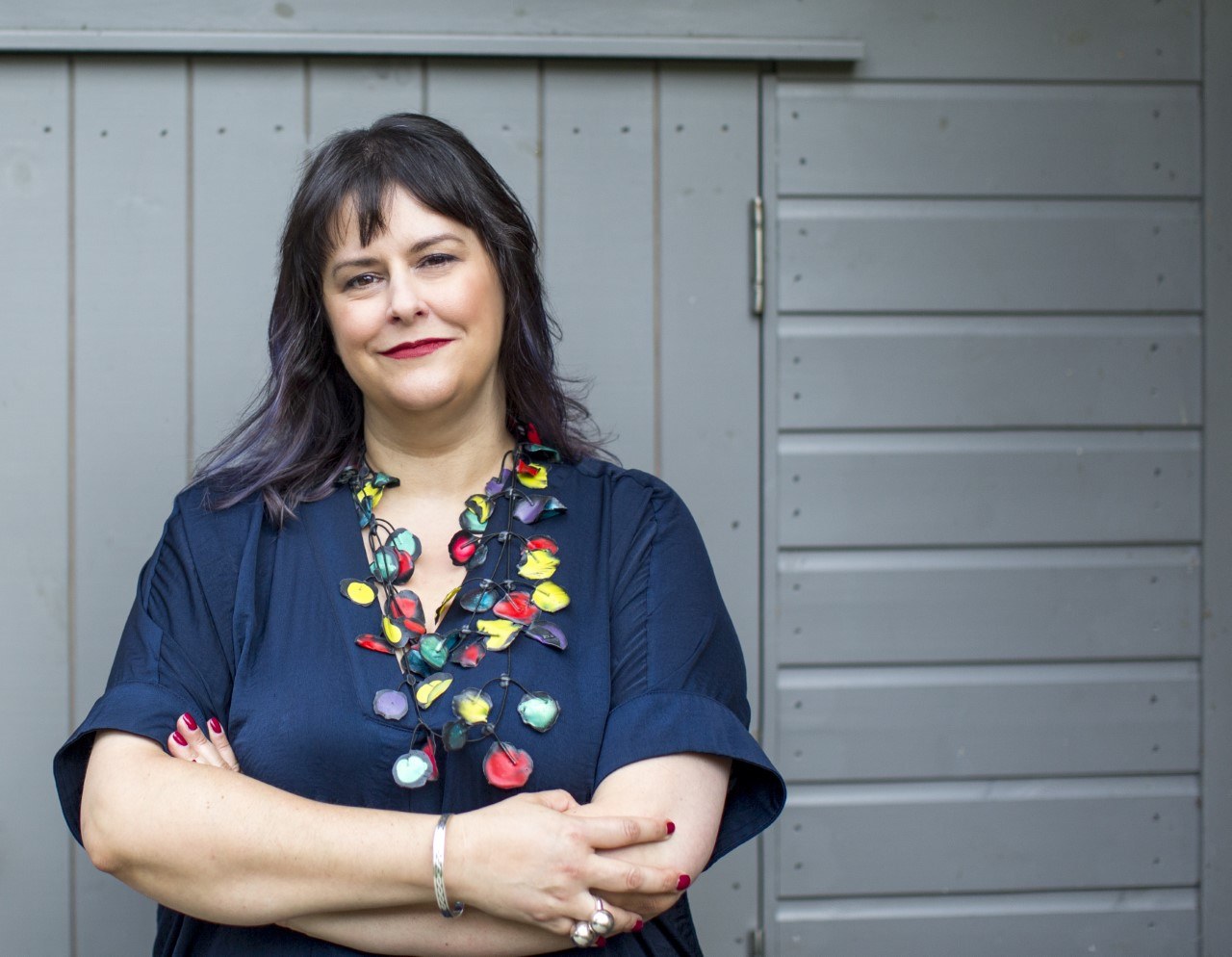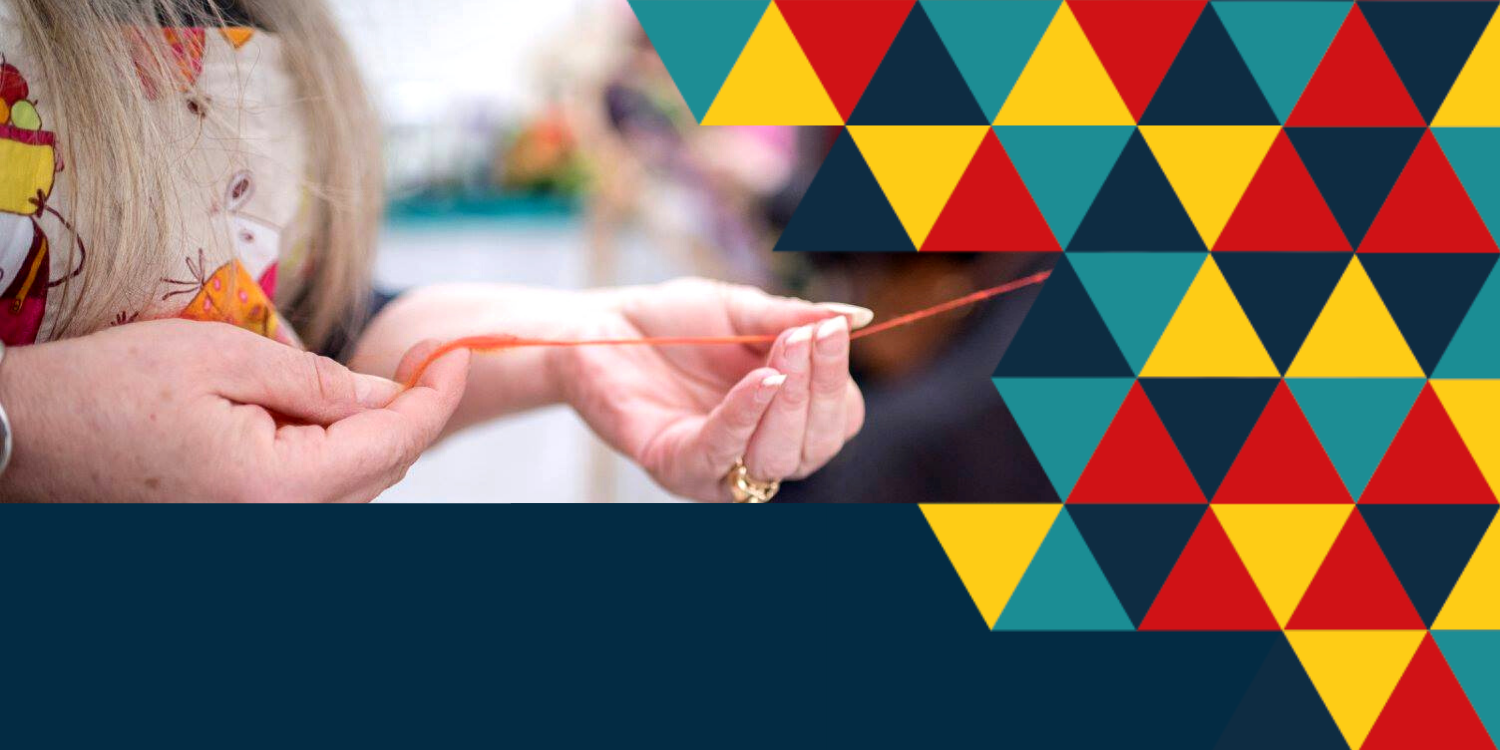What are the biggest governance challenges and opportunities as the sector responds to Covid-19 and the #BlackLivesMatter Movement?
There are many governance challenges at this time, especially when marginalised people are understandably tired. A lack of resources is pressing down on everyone, what takes priority?
The sector can’t spend anymore time putting on events and having the conversations about how to make things diverse, we have to see diversity behind the scenes, on our boards and integrated into every part of the sector.
The Black Lives Matter movement’s momentum this year has pushed people to prioritise, and it’s about time too. Many hid behind a dated attitude and an unwillingness to put in the work. This year everything has come to light so abruptly that there’s no excuse, it became clear whose governance is performative and who is willing to take accountability and action. This is an opportunity to unpack what's not been done and put in the work.
With Covid-19 forcing us to adapt and go online, it has enabled disabled people and people with carer responsibilities to be present and give their valuable input. Going forward, this is an opportunity to find ways in which we can meet in person and also give options to attend in an online capacity for those who need it.
There is an ever-growing need for young trustees to be given space to make decisions. Employing young trustees will bring great opportunity to replenish and reconstruct. We point out when things feel like a load of jargon, as we want to get to the point and we are sick of the facade. This helps your organisation spend time and resources in the right places.
We’ve got a big challenge and workload on our shoulders but we also have the opportunity to take an intersectional approach with our artists, audiences, workers and trustees.
What’s the greatest opportunity that sector-wide good governance might bring?
Representation benefits everyone. If we empower and platform every generation and people from all walks of life, it will enhance our empathy, deepen our connection and produce powerful work. Greater diversity makes for healthier and better decision-making.
I believe that leaders should be honest and own up to their mistakes so we can get to the root of the issue as soon as possible. Good governance isn’t about knowing it all, real strength comes from vulnerability and giving a platform for the talents and knowledge of the community around you. Good Governance is reaching a hand out, delegating roles
and working towards a goal that benefits as many as possible.
How has cultural governance changed in the last 10 years?
I’ve been involved in Cultural Governance for less than 2 years, so I can’t fully speak on this. I joined the Roundhouse board as a Young Trustee after my time as a Roundhouse emerging artist. Hopefully I’ll grow alongside this sector in the next 10 years and be able to answer this question with many positive and progressive changes.
How do you see the governance of culture evolving over the next 10 years, particularly with the civic role of the arts and the climate crisis in mind?
I think that the next 10 years are going to be uncomfortable but it will be worth it for the moves that have to be made.
I talk relentlessly about the need for Boards to have varied lived experiences so the decisions we make are relevant, accessible and ethical.
If there’s still a strain on community and staff survival, something will have to give. Are funds being disproportionately spent in any areas? Going forward our health and the awareness of the climate crisis has to be a priority.
What can we learn from other sectors - in the UK and internationally - about good governance?
What hasn’t been done? We can acknowledge and celebrate the successful changes that have been made in the sector but more importantly; we must be looking at what has not yet been achieved. There’s no time for complacency.
What three words best describe the qualities that are needed in trustees?
Engaged. Aware. Reliable.
Tell us about your first governance role. How did you learn the ropes?
My time at the Roundhouse began when I was living in a homeless hostel and struggling with my career and creative direction. I joined a poetry course and from the moment I stepped through the studio doors things started to change for me. I went on to do many things with the Roundhouse, including joining the Youth Advisory board. Every year two people from this board are given the opportunity to become a Young Trustee. I started as a Young Trustee in April 2019 and due to the current situation, my time has been extended.
I am extremely proud to be a Trustee, the Roundhouse has helped me in a multitude of ways and stepping into this role has greatly enhanced my leadership skills. It’s wonderful to have my voice heard and be part of the decisions that are made. I bring perspectives that link the young creatives who use the studios and the wider organisation.
I’m still learning the ropes, there’s a lot to do and as someone who hasn’t been in spaces like this before I struggle with keeping up and working through my imposter syndrome. The Roundhouse staff and board are extremely supportive and we are continuing to work together to expand its inclusion and community reach.
What governance challenges are you facing at the moment and what are you doing to overcome them?
From my personal governance experience, my lack of capacity due to my disability and the stress of survival in a pandemic makes it extremely challenging to show up in a governance role. I have been attending meetings online and I try to structure my day so I am approaching one thing at a time. Looking at a long list of things to do is quite overwhelming.
Push back and resistance to change and equality unfortunately doesn’t take a day off, but I'm learning that I can’t give if I’m pouring from an empty cup.
What advice would you give prospective trustees/(or chairs) in the cultural sector?
If you have a voice and perspective that hasn’t been widely represented within a board, don’t be afraid to go for it. You deserve to be there.
Ask for clarity and support when you need it, things should be put in place so that you can thrive within a Trustee role and environment.
What I learnt was that I might not be the most ‘intellectual’ person in the room but I can bring a perspective and energy that is extremely valuable for the sector. I know how scary it can feel to put yourself in professional and ‘serious’ spaces. I promise you that no question is too stupid and your voice matters. Putting yourself out of your comfort zone is where you’ll learn the most and expand your skill set.
We hope you’ll join Tatum and a host of other fantastic speakers at Governance Now 2020 — the flagship conference for culture sector trustees and professionals.
Governance Now takes place online from 5 November to 26 November 2020. Book tickets here.



